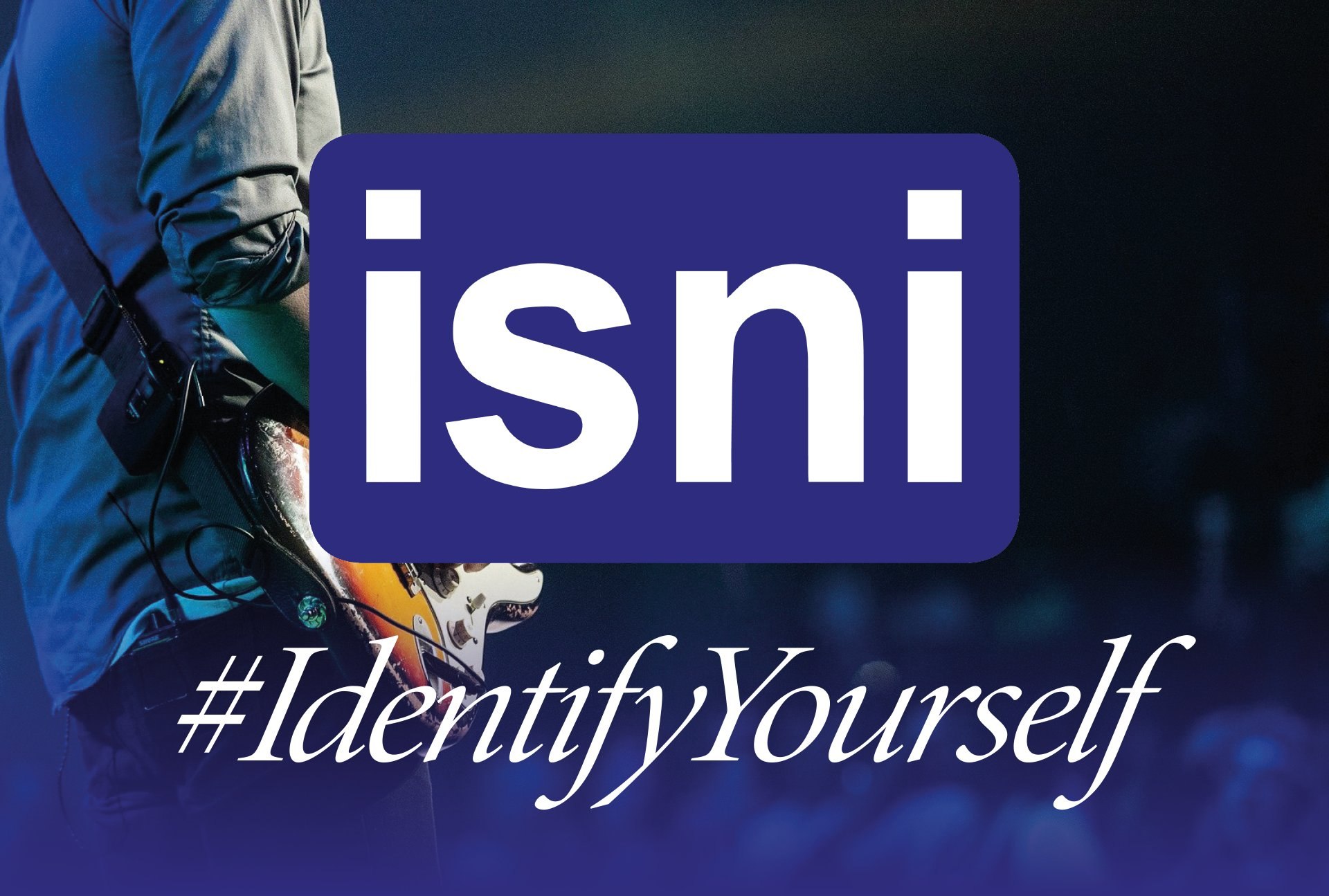UMG assigns digital passports – What is ISNI?
UMG has officially adopted the ISNI to ensure accurate identification and crediting of creators. But, what actually is this code?
Universal Music Group (UMG) has started assigning International Standard Name Identifiers (ISNI) to its artists, songwriters, and other contributors. This move helps ensure accurate identification in the complex digital world, and can help with discoverability within the digital music ecosystem. But what exactly is ISNI, and why does it matter?
If you’re an artist who has music distributed online, you’ll be familiar with ISRCs. These codes identify the specific recording of a song or recorded works. ISNI works in a similar way, except the thing these codes identify differs from an ISRC.
What is an ISNI?
An ISNI (International Standard Name Identifier) is a unique code assigned to individuals and organisations in the creative industries. Think of it as a digital passport that ensures your work is correctly linked to you across different platforms, databases, and organisations worldwide.
The ISNI system is managed by the ISNI International Agency (ISNI-IA) and is an official ISO standard (ISO 27729). It helps prevent confusion between artists with similar names and ensures that all your creative work is correctly credited to you.
How do ISNIs work?
An ISNI is assigned to a person or organisation to help identify them across different creative industries. If an individual works under multiple names, separate ISNI may be assigned and linked together.
For example, if an author named John Smith also makes music under the stage name Johnny Dylan, he could have two ISNI—one for each professional identity. These ISNI would be linked in the database, showing that both names belong to the same person while keeping their creative careers separate. This system helps avoid confusion and ensures accurate crediting for all types of creative work.
ISNI vs. ISWC vs. ISRC – What’s the difference?
- ISNI (International Standard Name Identifier): Identifies individual creators, such as musicians, songwriters, and producers.
- ISWC (International Standard Musical Work Code): Identifies a musical composition (e.g., the song itself, regardless of who records it).
- ISRC (International Standard Recording Code): Identifies a specific recording of a song (e.g., a studio version and a live version of the same song would have different ISRCs).
Why is ISNI important?
For independent musicians and songwriters, having an ISNI can make it easier to track and manage your work. Here’s how:
- Correct credit: Ensures that all your work is linked to you, even if your name is common.
- Better discoverability: Makes it easier for industry professionals and databases to find and verify your work.
- Smoother royalties & licensing: Helps collection societies, labels, and platforms correctly distribute payments.
Universal Music Group’s adoption of ISNI
UMG is the first major record label to assign ISNIs to its artists and songwriters automatically. This means over 100,000 UMG-affiliated artists will now have their own ISNI, helping streamline music rights management and metadata accuracy across platforms.
For independent artists, this move signals a shift towards better digital identity management in the music industry. If you don’t have an ISNI yet, it’s worth considering.
You can apply for one through official ISNI agencies, and some platforms, like Sound Credit, even offer them for free.
